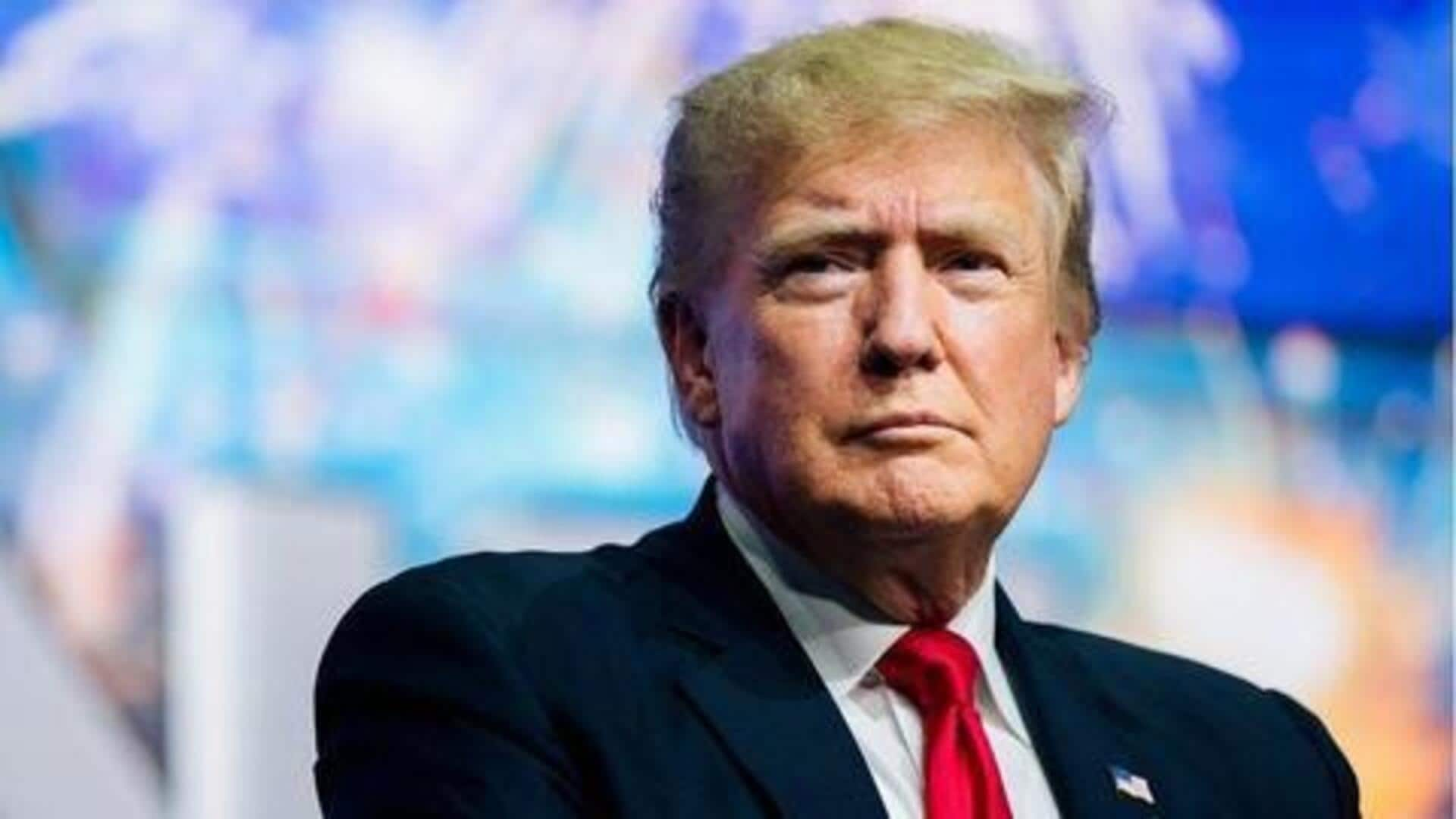
Trump eases tariffs on 200+ food products amid inflation concerns
What's the story
US President Donald Trump has announced a rollback of tariffs on over 200 food products, including staples like bananas, orange juice, and coffee. The decision comes as American consumers continue to express concern over the rising cost of groceries. The exemptions will be effective retroactively from Thursday midnight. This marks a significant shift from Trump's earlier stance that the import duties he imposed earlier this year were not contributing to inflation.
Tariff impact
Trump acknowledges tariffs may raise prices, but claims low inflation
When asked about the impact of his tariffs on prices, Trump said they "may in some cases" raise costs. However, he maintained that overall, the US has "virtually no inflation." This comes as Democrats have scored wins in state and local elections in Virginia, New Jersey and New York City where affordability was a major issue.
Financial relief
$2,000 payment to lower and middle-income Americans
Trump also announced his plan to go ahead with a $2,000 payment to lower and middle-income Americans. The payment would be funded by tariff revenues next year. "The tariffs allow us to give a dividend if we want to do that. Now we're going to do a dividend and we're also reducing debt," he said.
Trade agreements
Framework trade deals to eliminate tariffs on certain foods
The Trump administration has also announced framework trade deals that will eliminate tariffs on certain foods and other imports from Argentina, Ecuador, Guatemala and El Salvador. The US officials are looking for more such agreements before the year ends. The list of exempted products includes those commonly purchased by American consumers for home consumption, many of which have seen double-digit price increases over the past year.
Consumer relief
Tariff exemptions aim to ease consumer burden
The White House said the decision for tariff exemptions was taken as certain food items were not grown or processed in the US. It also cited the conclusion of nine framework deals, two final agreements on reciprocal trade, and two investment deals. The move has been welcomed by many industry groups who believe it will help reduce costs for consumers and manufacturers alike.